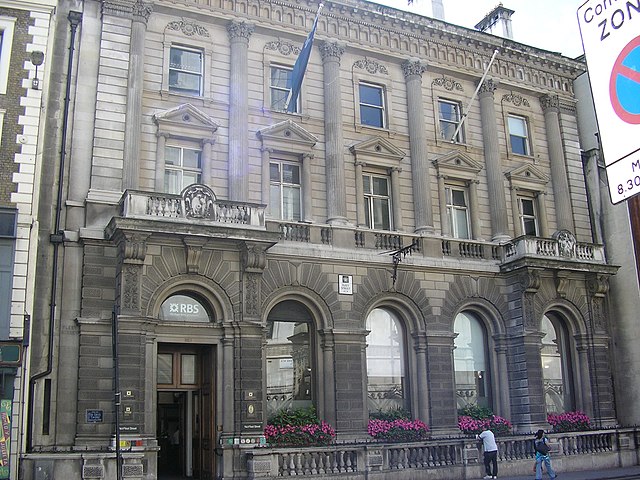English land law is the law of real property in England and Wales. Because of its heavy historical and social significance, land is usually seen as the most important part of English property law. Ownership of land has its roots in the feudal system established by William the Conqueror after 1066, but is now mostly registered and sold on the real estate market. The modern law's sources derive from the old courts of common law and equity, and legislation such as the Law of Property Act 1925, the Settled Land Act 1925, the Land Charges Act 1972, the Trusts of Land and Appointment of Trustees Act 1996 and the Land Registration Act 2002. At its core, English land law involves the acquisition, content and priority of rights and obligations among people with interests in land. Having a property right in land, as opposed to a contractual or some other personal right, matters because it creates priority over other people's claims, particularly if the land is sold on, the possessor goes insolvent, or when claiming various remedies, like specific performance, in court.

The area of land in England and Wales is 151,174 km2 (58,368 mi2), while the United Kingdom is 243,610 km2. By 2013, 82 per cent was formally registered at HM Land Registry. In 2010, over a third of the UK was owned by 1,200 families descended from aristocracy, and 15,354 km2 was owned by the top three land owners, the Forestry Commission, National Trust and Defence Estates. The Crown Estate held around 1,448 km2.
The Charter of the Forest 1217, a companion to Magna Carta, embodied social rights for people to use common land for hunting and farming until more and more was enclosed. Leaders of the Peasants' Revolt of 1381 preached that "matters goeth not well to pass in England, nor shall not do till everything be common, and that there be no villains nor gentlemen, but that we may be all unied [sic] together, and that the lords be no greater masters than we be."
The Court of Chancery could mitigate the injustice of strict common law rules of property, if the Lord Chancellor deemed it equitable. The court systems were merged by the Judicature Acts of 1873–1875.
After both World Wars, land management and housing increasingly came under social ownership and regulation, with new council homes, rights for tenants, and ownership interests in land recognised through contributions to family life.





